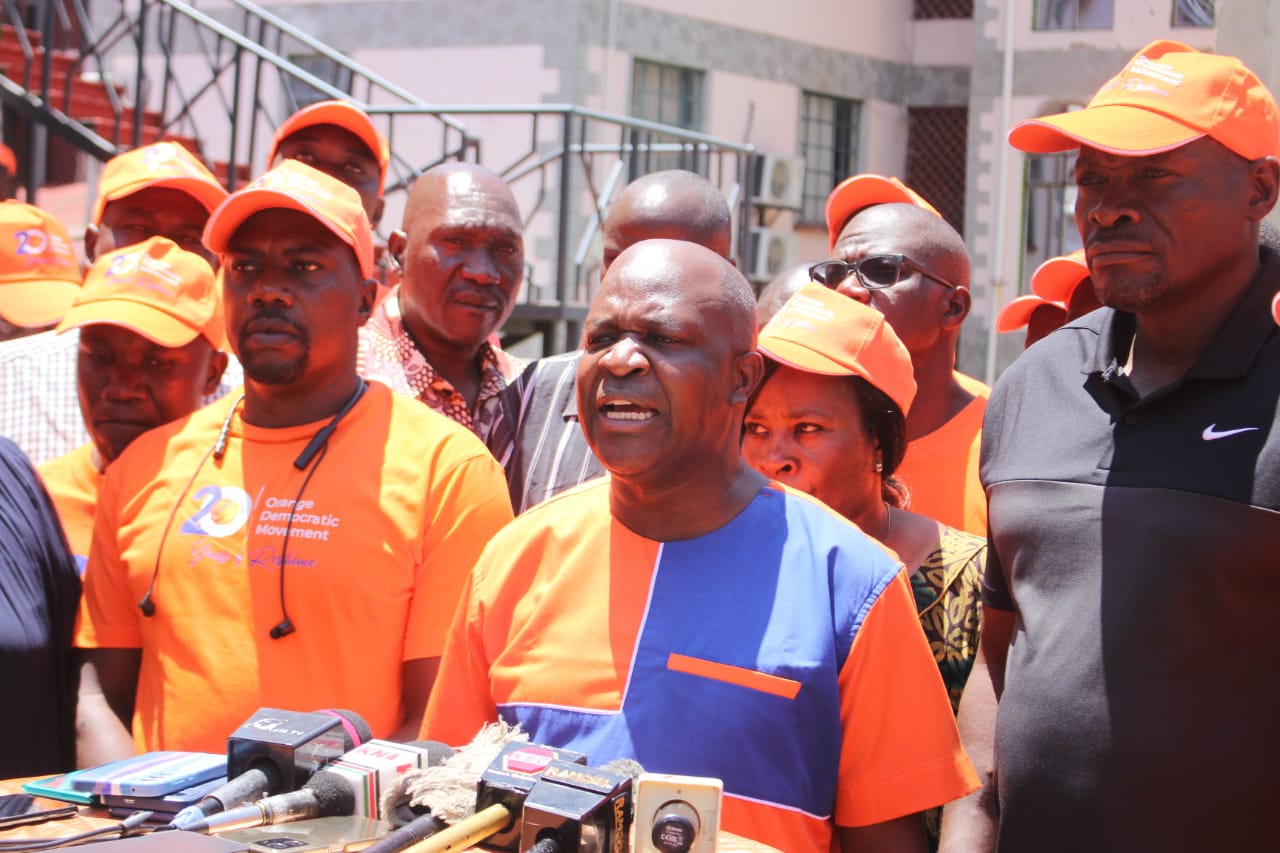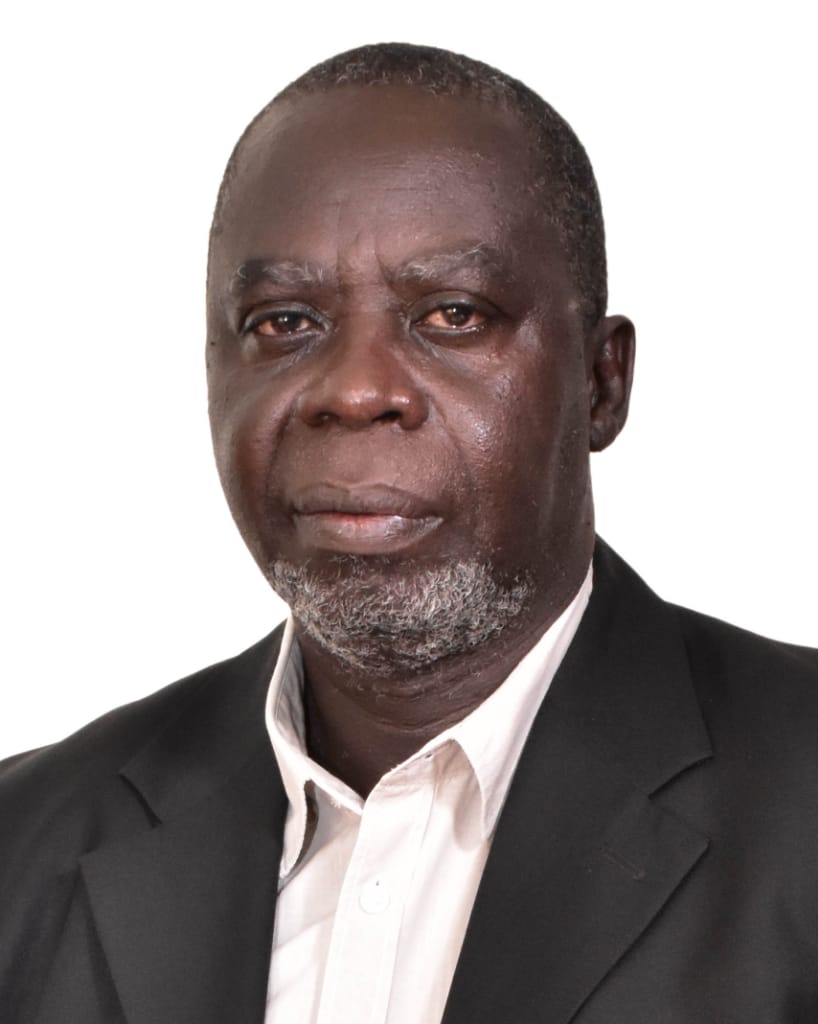In his pursuit of national unity, Dr Ruto continues to confound both allies and adversaries as the 2027 election plebiscite approaches.
KISUMU, Kenya, October 12th – In the complex and often murky realm of politics, it is often said that there are no permanent enemies or friends, but rather permanent interests shaped by the current circumstances. This notion is brilliantly encapsulated by Sun Tzu in his timeless work, The Art of War, which underscores the importance of subduing one’s opponents without engaging in direct conflict.
Victory, Sun Tzu posits, springs from meticulous preparation, an astute understanding of oneself and one’s adversaries, the strategic use of deception, and the agility to adapt swiftly to changing conditions.
“Essential principles dictate that preparation for battle occurs before it begins,” he states, emphasising the importance of gathering intelligence through espionage and prioritising strategic manoeuvring over confrontation to conserve resources and minimise losses.
Jogoo On Board
President William Ruto’s recent alignment with Gideon Moi, the national chairman of the Kenya African National Union (KANU), suggests he may well be mastering these ancient doctrines. Central to his strategy are themes of national unity and collective prosperity.
With the 2027 general elections looming, Dr Ruto signals to his competitors that he has already embarked on the campaign trail, embracing various charm offensives. The ruling United Democratic Alliance (UDA) is actively courting leaders across the political spectrum, aiming to consolidate support for national development.
On Friday, October 10th, during the KANU National Delegates Conference (NDC) held at the Kabarak home of the late President Daniel Moi, Dr Ruto announced that the Jogoo party would officially join the broad-based government. They will be collaborating with the Orange Democratic Movement (ODM) under the leadership of Raila Odinga, alongside President Uhuru Kenyatta’s Jubilee Party.
This newfound coalition marks a significant partnership in which allies of both Kenyatta and Odinga have been integrated into the Kenya Kwanza administration.
According to the framers, this inclusive approach aims “to adequately share the national cake to mashinani (grassroots levels),” fostering unity and cooperation among diverse political factions.
The unexpected alliance between Ruto and Moi raised eyebrows, particularly given that Moi was actively pursuing a political comeback and eyeing the Baringo senatorial seat, recently vacated following the passing of Senator William Cheptumo.
Observers and enthusiastic supporters now view Dr Ruto as the grand maitre d’échecs (Grand Chessmaster) on Kenya’s political chessboard, especially as he navigates the complex dynamics of bipartisan cooperation.
Historically, Ruto and Moi have been arch rivals, particularly during the buildup to the 2022 general elections, when the then-president pledged to dismantle the so-called dynasties that have dominated Kenyan politics.
In his Rutoesque, he emerged as a formidable force against Moi’s ambitions, notably earning the endorsement of the Talai clan from Nandi as the uncontested leader of the Kalenjin community, a title many believed was destined for Moi.

The rivalry reached its zenith when Ruto’s UDA party, under the Kenya Kwanza coalition, won a vast majority of seats across the Rift Valley. This resulted in a huge political setback for Moi’s family, exemplified by the defeat of his brother, Raymond Moi, at the Rongai constituency.
Mending the Rifts
In a surprising turn, Ruto urged Moi to prioritise national interests over personal ambitions, emphasising that the unity of the country supersedes individual aspirations.
This plea, and subsequent withdrawal from the Baringo senatorial race, drew the ire of Moi’s KANU supporters as he was expected to submit his nomination papers to the Independent Electoral and Boundaries Commission (IEBC).
Sources indicate that Moi was a frontrunner and keen on reclaiming the senatorial seat. This move could have dented the image of Kenya Kwanza in the Greater Rift Valley and among the Kalenjin community.
Demonstrating his adept political acumen, Ruto took responsibility for the situation, suggesting that any frustrations should be directed at him rather than at Moi.
During the conference, Ruto articulated that the partnership with Moi is part of a broader effort to foster national unity and advance the vision set forth by Kenya’s founding leaders.
He emphasised that engaging with Moi is crucial for uniting the nation and prioritising developmental agendas in critical areas such as education, healthcare, and infrastructure.
One notable outcome of their discussions was KANU’s official reintegration into the governing coalition, marking a significant return to national politics after a prolonged period of marginalisation.
“I reached out to my brother so that we can help move the country forward. If there is any problem anywhere, do not blame Moi; you can blame me,” Ruto articulated, setting the tone for a collaborative future aimed at national progress.
“I sought my brother to come and assist me in elevating this country from the status of a third-world nation to the heights akin to Singapore,” Ruto remarked.
He emphasised that his outreach to Moi is part of a broader initiative that also includes engaging Raila Odinga and former President Uhuru Kenyatta.
The President revealed that reaching a consensus on how and where to announce this reconciliation was not without challenges. At one point, he recalled KANU leader Gideon Moi questioning him about the public’s potential reaction to their unity pact.
“After our discussions, Gideon inquired about who should make the announcement and the appropriate venue. I reassured him that I had travelled this road before and identified the perfect location to reveal our plans to the public.”
Gideon Moi expressed gratitude for President Ruto’s overture, explaining his choice to set aside past political differences.
“The president understands the reasons for my absence from the ballot. I had unfinished business in Baringo, ranging from road construction to dam projects, which is why I initially chose to run. However, recognising that President Ruto has been elected by Kenyans, I decided to heed his call,” Gideon stated.

During the visit, President Ruto unveiled several developmental projects intended for Baringo County, which include the construction and upkeep of major roads as well as the establishment of a stadium in Kabarnet, scheduled to be launched in two months.
He also announced plans to create a new university in Kabarnet, honouring the legacy of the late Daniel arap Moi, who was instrumental in founding Moi University in Eldoret.
Opposition Reactions
On the same day, prominent figures from the United Opposition launched a robust salvo during the Wiper Patriotic Front Party National Delegates Conference (NDC) held at Uhuru Park. They condemned Ruto vigorously “for collaborating with the dynasties to undermine wanjiku (common citizens).”
“You are now associating with the dynasties. Your rhetoric regarding hustlers versus dynasties has lost its meaning. It’s time to find a new narrative,” declared former Deputy President Rigathi Gachagua.
He was flanked by esteemed leaders such as Martha Karua, Fred Matiang’i, Eugene Wamalwa, Justin Muturi, among others.
Coincidentally, the announcement of the new political alliance between Dr Ruto and Gideon Moi coincided with the Wiper party’s endorsement of Kalonzo Musyoka as its presidential candidate.

With his nomination, Kalonzo, ‘the elusive bride,’ being courted by different parties, sent a definitive political message to the broad-based government: ‘I’m not boarding this train.’
He reiterated his determination to make Ruto a wantam Head of State, asserting that he is best positioned to enhance the livelihoods of the people.
In a quick retort on Saturday, October 11th, Nandi County Senator Samson Cherargei dismissed the importance of the Wiper’s NDC, asserting that Kalonzo would be ‘joining the government soon.’
“In a few months, Kalonzo Musyoka will be in a working political partnership with President Ruto. That’s where his future lies, not in a fractured opposition.” Cherargei remarked on his official X account.
Now that KANU has secured a place at the political high table, analysts are speculating on what other strategic moves President Ruto may unveil as the 2027 elections approach. Only time will reveal the unfolding of these political dynamics.



